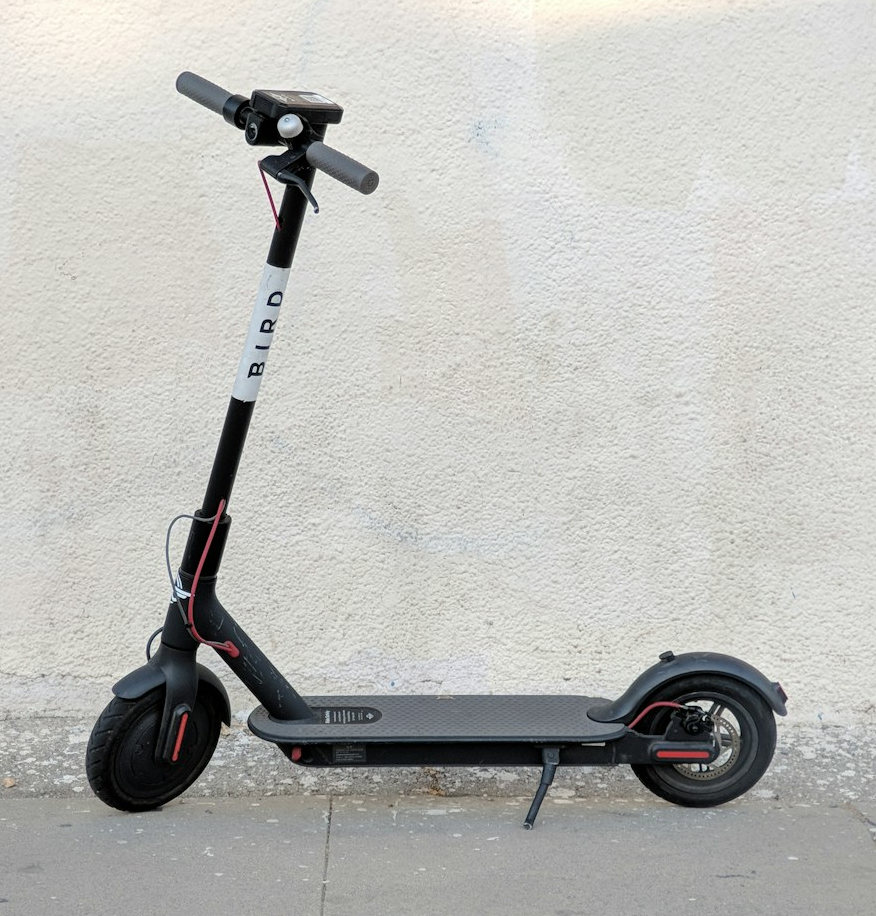
If you browse the news sites, there may not be much evidence of public dissent towards unlicensed electric bikes and electric scooters. But you don't have to dig very deep into the public commentary on social networks to see that there's growing support for mandatory identification of these motorised travel options.
The Bikes
At present, the bikes - officially classed by the Government as Electrically-Assisted Pedal Cycles (or EAPCs) - don't need to be taxed or insured, and the rider needs no form of licence. There are, however, some conditions defining the EAPC classification, which are as follows:
- The motor type, and either the battery's voltage or the maximum speed capability must be identified on the bike.
- The motor must not have the capability to accelerate the bike beyond a cutoff speed threshold of 15.5mph.
- The motor cannot have a higher power output rating than 250 watts.
Provided it conforms to the above spec, the bike is not treated any differently from a standard pedal cycle. However, if it exceeds or breaches any of the EAPC stipulations, it loses its bicycle status and is regarded as a motorcycle. That subjects it to all of the usual motorcycle regulations, including the requirement for road tax, insurance, and registration plates. The rider would also be required by law to wear a crash helmet.
The Scooters
The scooters, meanwhile, are categorised as Personal Light Electric Vehicles (or PLEVs), and unless the PLEV is part of an official rental scheme, it's not legal to use one on public land at all. Those who have seen privately-owned examples burning around the local roadsides, parks and pedestrian blocks may be surprised to learn this. The rather contradictory regulations have brought about a controversial state of affairs. It is, for example, perfectly legal to actually sell the scooters to private purchasers, because the devices can legally be ridden on private land with the land-owner's permission. However, it would be naïve to imagine that the average retail buyer has serious scope for riding solely on private land, with the land owner's permission.
And the result is widely observed. I don't think there are many city-dwellers who haven't encountered privately-owned e-scooters in use in public areas.
Interestingly, the Government includes e-scooters in its road-related casualty stats. And given that use of the scooters is supposedly so restricted, they figure quite significantly. One very noticeable factor is that the number of e-scooter casualties sharply rises in fine weather seasons. July 2023, for instance, saw more than double the number of e-scooter casualties than were reported for January 2023.
What Do You Think?
It's not altogether surprising to see people calling for the mandatory licensing of e-bikes and e-scooters. But would it be overkill? And could it stifle a mode of transport which is deemed to be helping to reduce emissions? One gets the feeling that this is a difficult area for Government, who on the one hand would not want to tread on retail opportunities or dismiss modes of transport which might one day help alleviate congestion - making daily road travel faster; but on the other hand would not want to see a decline in safety on the streets.
More in line with our particular field of interest, if licensing and registration were to be mandated for e-bikes and e-scooters, could this lead to a new area of number plate personalisation? Might scooters become a second realm of expression for people with an existing interest in personalised registrations? Might e-cycles and e-scooters connect personalised registrations with new categories of consumer?
What we can be fairly sure of is that whatever happens in this hotly-debated realm, it's not going to please everyone.
